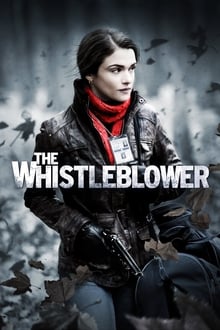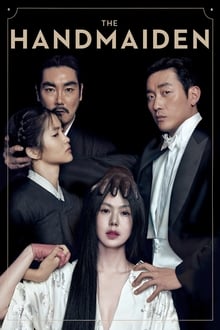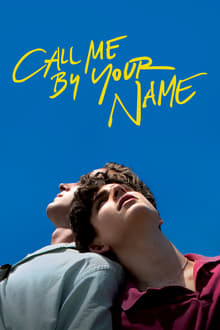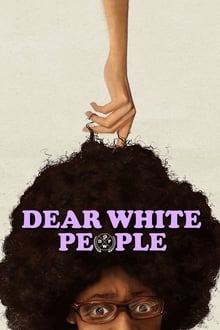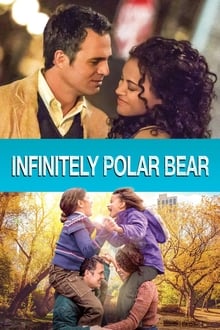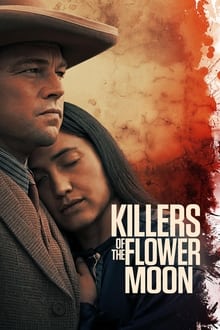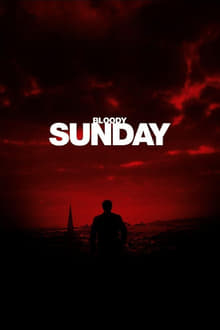Bonjour Tristesse (2024)

Overview
Follows Cécile a young woman spending the summer in a villa in the south of France with her widowed father Raymond and his latest love interest, Elsa. Theirs is a lived-in compatibility a world of ease and languor....
Starring Cast
Where to watch
Rating categories
Overview
Follows Cécile a young woman spending the summer in a villa in the south of France with her widowed father Raymond and his latest love interest, Elsa. Theirs is a lived-in compatibility a world of ease and languor....
Starring Cast
Where to watch
Detailed Analysis
Primary
The film's political bias cannot be assessed due to the complete lack of available information regarding its plot, characters, or thematic content for a movie titled "Bonjour Tristesse" directed by Durga Chew-Bose, leading to a default neutral rating.
This film, a personal essay directed by Durga Chew-Bose, inherently presents a diverse perspective through its creator's identity and voice. However, its narrative focuses on personal reflection rather than explicitly critiquing or framing traditional identities.
Secondary
Bonjour Tristesse (2024) offers a positive portrayal of LGBTQ+ themes by centering a nuanced, romantic queer female relationship between Cécile and Anne. The film shifts focus from traditional dynamics to explore the complexity of female desire through a modern queer gaze, affirming women's relationships beyond heteronormative frameworks.
The movie does not contain any action or adventure elements.
The film "Bonjour Tristesse (2024)" explicitly retains the original gender identities of characters from Françoise Sagan's novel. Male and female roles remain consistent with the source material, indicating no alteration of established character genders.
The film's casting and setting are reported to maintain consistency with the original novel's European and French context, with no significant or notable race-swapping of established characters.
Rating Breakdown
Overall Rating
Combines user and critic ratings from four sources
User Ratings


Critic Ratings


More Like This
